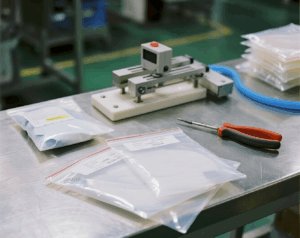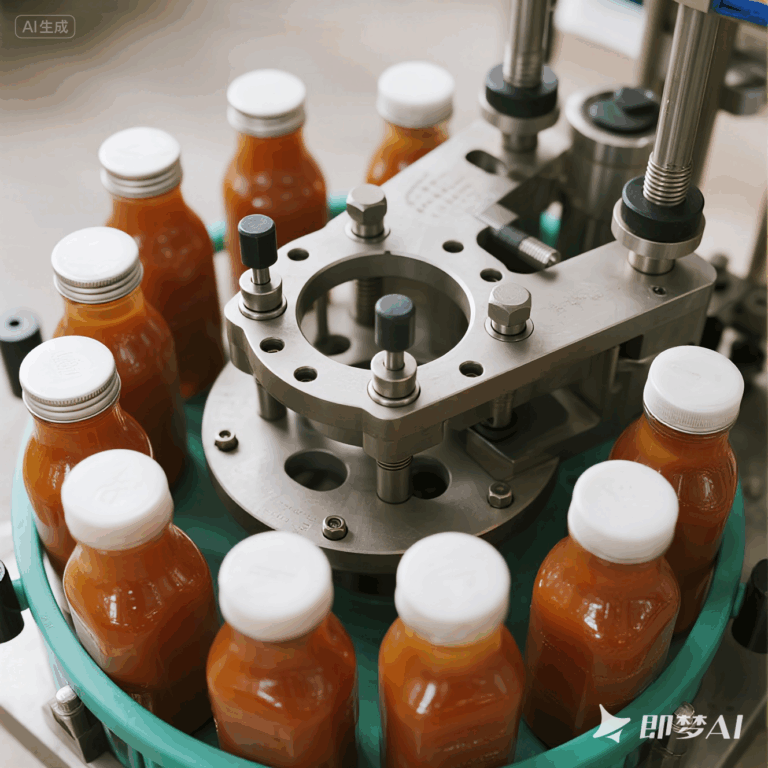Why Should Modern Businesses Invest in a Smart Packaging System?
Home » Why Should Modern Businesses Invest in a Smart Packaging System?
RECENT POSTS
Share:
- August 20, 2025
Table of Contents
In today’s competitive marketplace,businesses across industries are under constant pressure to deliver products faster,safer, and with higher efficiency. Packaging,once considered a simple protective layer,has now evolved into a critical part of modern supply chains. A well-designed packaging system does more than hold products in place.
It safeguards items during transport,ensures compliance with shipping standards, reduces material waste, and enhances the overall customer experience. For companies that want to remain ahead of the curve,adopting a smart packaging system is no longer optional—it’s essential.

Why a Smart Packaging System Matters
- A traditional packaging system often focuses only on physical protection and basic presentation. While this remains important, modern businesses demand much more.
- A smart packaging solution integrates automation, data, and sustainability into the process. From small e-commerce startups to large-scale manufacturers, companies are realizing that packaging directly influences brand perception, operational costs, and customer satisfaction.
- For instance, an online retail store shipping fragile goods cannot rely solely on bubble wrap or cardboard. It needs packaging that is structurally optimized to handle movement, vibration, and long-distance shipping without damage.
- Similarly, a food brand must ensure that its packaging systemnot only preserves freshness but also aligns with environmental regulations.
- In both cases, intelligent packaging brings measurable benefits—reducing returns, lowering expenses, and building customer trust.
- One of the standout advantages of a smart packaging systemis efficiency. Automated equipment such as filling, sealing, and labeling machines can significantly reduce manual labor while improving consistency.
- Businesses can process thousands of units per hour with minimal errors.
- Additionally, the integration of tracking and monitoring technology allows companies to oversee packaging performance in real time, making it easier to address inefficiencies before they become costly problems.
Key Features of Modern Packaging Systems
When businesses evaluate packaging options, they look for systems that balance durability, sustainability, and adaptability. A smart packaging system typically includes several important features:
- Automation and Speed :Automated machines streamline repetitive tasks such as wrapping, boxing, and palletizing. This reduces reliance on manual labor, lowers human error, and speeds up production.
- Custom Fit and Design:No two businesses have identical needs. Advanced packaging systems are flexible enough to adapt to different shapes, sizes, and materials. This ensures optimal product protection and reduces excess packaging material.
- Data Integration:Many systems now incorporate software that collects data on packaging efficiency, energy usage, and waste reduction. This information helps companies refine their processes and meet sustainability targets.
- Sustainability:Eco-friendly packaging is no longer a trend; it is a necessity. A smart packaging systememphasizes recyclable materials, minimal waste, and energy-efficient operations to align with global sustainability goals.
- Cost Control:By minimizing waste, reducing labor, and optimizing resources, businesses can lower packaging costs in the long run while improving reliability.
Each of these elements plays a role in ensuring that a business does not treat packaging as an afterthought but as a value-adding process.
Applications Across Industries
The relevance of a modern packaging system spans multiple industries. In retail, packaging serves as the first physical interaction customers have with a brand. A well-structured box or container communicates quality and care, while poor packaging can damage both the product and the brand’s reputation.
In logistics and shipping, robust packaging systems prevent damage during transport, ensuring goods arrive intact. Manufacturing industries rely on automated packaging to keep up with high-volume production demands. Even small businesses benefit, as efficient packaging allows them to compete with larger players by delivering products professionally and securely.
Food and beverage industries place particularly high importance on packaging systems. Beyond protecting items, smart packaging ensures that freshness, safety, and presentation meet consumer expectations. At the same time, the adoption of eco-friendly practices allows these businesses to showcase their commitment to sustainability.
Long-Term Value of a Smart Packaging System
- Investing in an advanced packaging systemis not just about meeting today’s needs; it’s about preparing for tomorrow. As consumer demands shift toward faster delivery, safer handling, and environmentally responsible practices, businesses with outdated packaging processes risk being left behind.
- A smart system creates measurable long-termvalue. Reduced product returns, lower operational costs, and stronger brand loyalty all contribute to a healthier bottom line.
- Furthermore, companies that embrace sustainability through packaging stand out in a crowded market. Customers increasingly choose brands that demonstrate responsibility toward the environment, and packaging is one of the most visible ways to communicate that commitment.
- The scalability of a modern packaging systemis another major advantage. Whether a business starts small and gradually grows, or operates at a global level, these systems can adapt to rising demand without requiring a complete overhaul. This adaptability ensures continuity and minimizes disruptions even as markets change.
Conclusion
A smart packaging system is far more than just a tool for enclosing products—it is a strategic asset for modern businesses. It combines protection, efficiency, sustainability, and adaptability into a single solution. By investing in advanced systems, companies can safeguard their products, reduce costs, and strengthen their reputation.
In an era where customer expectations are higher than ever, packaging can make or break a brand’s image. Modern businesses that recognize this shift and adopt intelligent systems are not just protecting their goods; they are building stronger connections with their customers and preparing for a more sustainable future.
0


